Industrial equipment working in some of the most complex situations that require maintenance to achieve the best performance. The lubrication of machines is one of the main aspects of keeping the equipment in good condition.
Grease and lubricants keep machinery running and reduce friction. Regardless of the application, the product you select matters.
Users apply heavy-duty grease for high-load applications. People use lubricants for high-temperature conditions. The right product ensures the proper functioning of machinery.
This blog will discuss essential greases and lubricants for industrial equipment. We will cover key factors to consider when buying them. We will also explore their function in machine performance.
Industrial machinery can function under high temperatures, heavy loads, and moreover in the presence of moisture or contaminants. Insufficient lubrication causes metal parts to rub together.
This leads to wear and tear. It may require costly repairs. It can also cause equipment downtime. The main functions of the grease and lubricants are to:
Different types of grease and lubricants suit diverse applications. We choose based on operating temperature. We also consider the load requirements. Environmental conditions further influence the selection.
Some key types of greases for Industrial equipment are mentioned below.
Heavy-duty grease is for gear that works with loads or extreme pressures. The grease has more viscosity, which is to say, it is thicker and more insensitive to the break-down under pressure.
This grease is effective in industries like mining, construction, and manufacturing. Machines in these industries operate for long hours under heavy loads. This grease prevents wear in machines without compromising resistance.
In heavy work machinery operating in high-temperature conditions, high-temperature grease is essential to safeguard against malfunctions. Grease used in high-temperature environments needs high viscosity.
This prevents it from thinning and losing functionality. These greases contain either mineral oil or synthetic oils. They include thickening agents to maintain stability at high temperatures.
Machines in humid environments require water-resistant grease. This grease is essential for protection. It prevents water from washing away the lubricant, even in rain.
This grease protects machinery from rust. It also prevents damage from corrosion. A common product in the marine, food processing, and wastewater treatment industries.
Grease is essential for certain equipment needs. Lubricating oil is equally important for muscle equipment. This equipment requires continuous lubrication.
Different types of lubricants cater to specific applications. They also suit various environmental conditions.
Mineral oil is one of the most frequent types of lubricants applied in the industrial sector. Mineral oil-based lubricants come from raw oil. People recognize them for their excellent lubrication properties. These lubricants work well in high-pressure environments.
For this reason, many manufacturers including the automotive industry, are using them as they are cost-effective.
Mineral oil's chemical composition provides remarkable performance characteristics. It handles heavy loads and shock loading conditions. This oil is ideal for machines under high stress.
In industries where top-level performance is a must, experts prefer synthetic lubricants because of their unique characteristics. These include lubrication oil and grease based on hydrocarbons.
Manufacturers purposely create synthetic lubricants to handle extreme conditions, such as high temperatures, massive loads, and water exposure. They have high oxidation resistance. This resistance prevents them from breaking down quickly. They are more durable than mineral oils.
In industrial applications where equipment is loaded heavily or subjected to high pressure, high-viscosity lubricants are essential. Viscosity measures a lubricant's resistance to flow. High-viscosity oils are thicker. Thicker oils offer better protection against wear.
They also reduce friction effectively. These lubricants are well-suited for machines whose parts move slowly, but they undergo great stress. Examples include gears, turbines, and hydraulic systems. The high viscosity guarantees a constant layer of protection, even in extreme conditions.
Read More: Essentials of Lubricants for Industry Selection
Some of the key components of grease and lubricants are discussed below.
Grease and lubricants are both made from base oil which is their main constructing element. It constitutes 70-95% of the product's composition. It is the main cause of most lubricating qualities. Depending on the purpose, base oils can be mineral, synthetic, or a combination of the two.
Mineral Oil: Manufacturers create mineral oil from crude oil. This oil is the main ingredient in base oils for industrial lubricants.
Synthetic Oil: Engineers have designed and produced synthetic oils to achieve better functioning, especially in extreme temperatures or demanding conditions.
Choosing the right base oil is critical. It ensures your grease and lubricants perform effectively. This is important for the specific conditions your machinery operates in.
Thickening agents are mixed into the base oil to create grease. These agents give the grease a thick, semi-solid consistency. The agents help the grease stay in place. This is especially important when traditional lubricating oil runs off or leaks out.
To enhance the performance of both grease and lubricants, manufacturers often add specific additives. These additives may include:
These additives play a crucial role in ensuring that the lubricant performs well under specific operating conditions.
Choosing the right grease and lubricants for your industrial equipment requires careful consideration of several factors:
If your equipment operates in a high-heat environment, choose high-temperature grease or lubricant. This prevents breakdowns in furnaces or engines.
For equipment under heavy loads, select heavy-duty grease. For shock loading, choose high-viscosity lubricants. These lubricants handle pressure without breaking down.
If moisture exposes your machinery, use water-resistant grease. Corrosion inhibitors are essential to prevent rust. They ensure long-term protection for your machinery.
For high-speed machinery with fast-moving parts, opt for lubricants with lower viscosity. These lubricants flow easily. They reduce friction without impeding movement.
Consider the surrounding environment, such as whether the equipment is exposed to dust, dirt, or contaminants. This may require grease or lubricants with specific additives to prevent degradation.
Securing the right lubrication for industrial machines is the key to their durability and productivity. Grease and lubricants are essential because they protect. People know that grease is slippery, and they use lubricants, which are also greases, to decrease the impact of friction.
Choose the appropriate lubricants for your industrial tasks. This improves performance and reliability. It lowers the risk of unscheduled breakdowns. It also increases the lifespan of essential parts.
Grease and lubrication are crucial for proper equipment performance. They are vital for heavy machinery in high-temperature zones. They are also key under unfavorable environmental conditions.
Choosing the right partner for your lubricant needs is crucial for keeping your machinery reliable. eINDUSTRIFY offers a wide range of high-quality industrial oils and greases. Partnering with us ensures you get high-quality lubricants designed for your unique requirements.
They are helping you achieve optimal operative efficiency and long-term success. Explore the eINDUSTRIFY range today and experience the difference that premium industrial lubricants can make for your business.
Reach us by emailing info@eindustrify.com. You can also call us at +1 (888) 774 7632. register for access to a premium global marketplace.
Tags: Grease and Lubricants Heavy Duty Grease Base Oil Mineral Oil Grease Consists Lubricating Oil Type of Lubricant
RECENT POSTS:
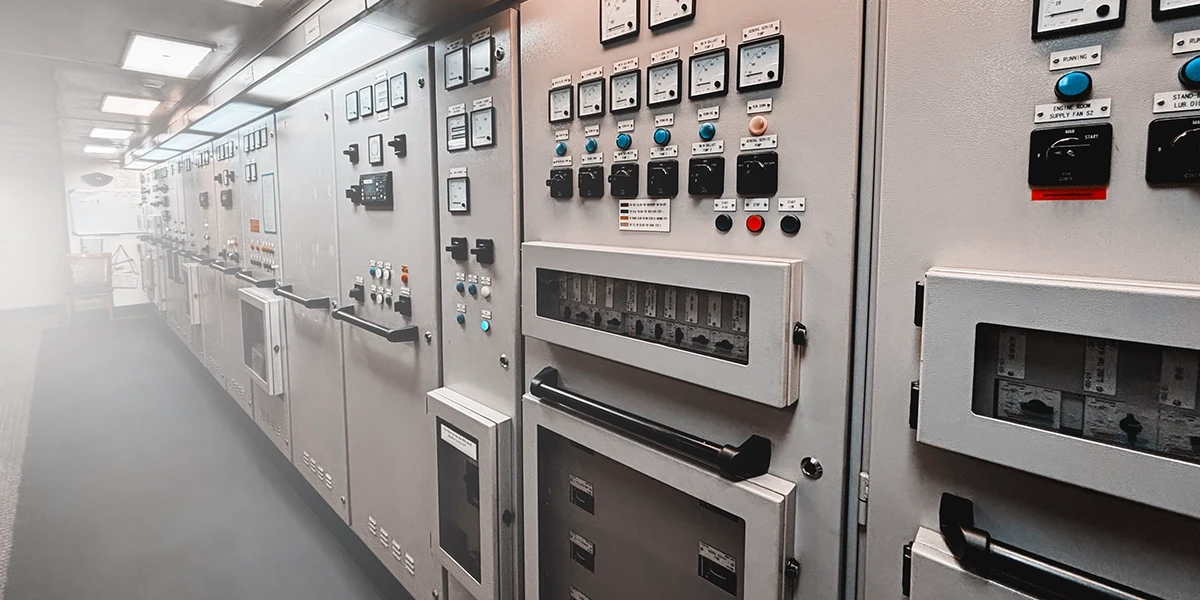
Essential Power Distribution Panels for Optimizing Your Industrial Setup
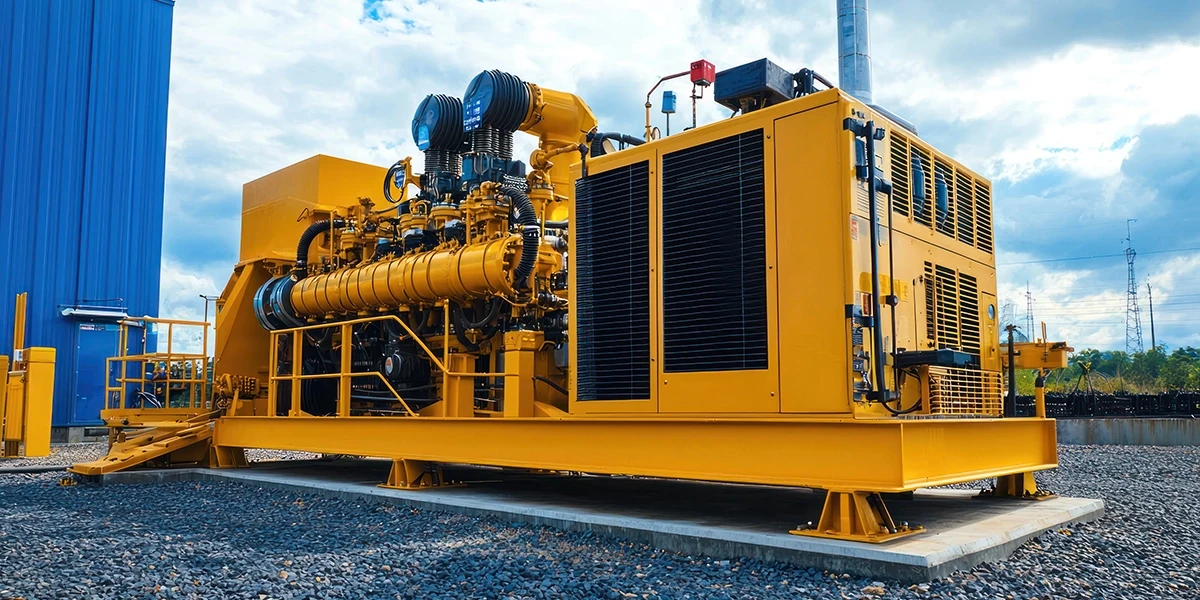
Top 5 Generator Protection Devices for Reliable Power Generation
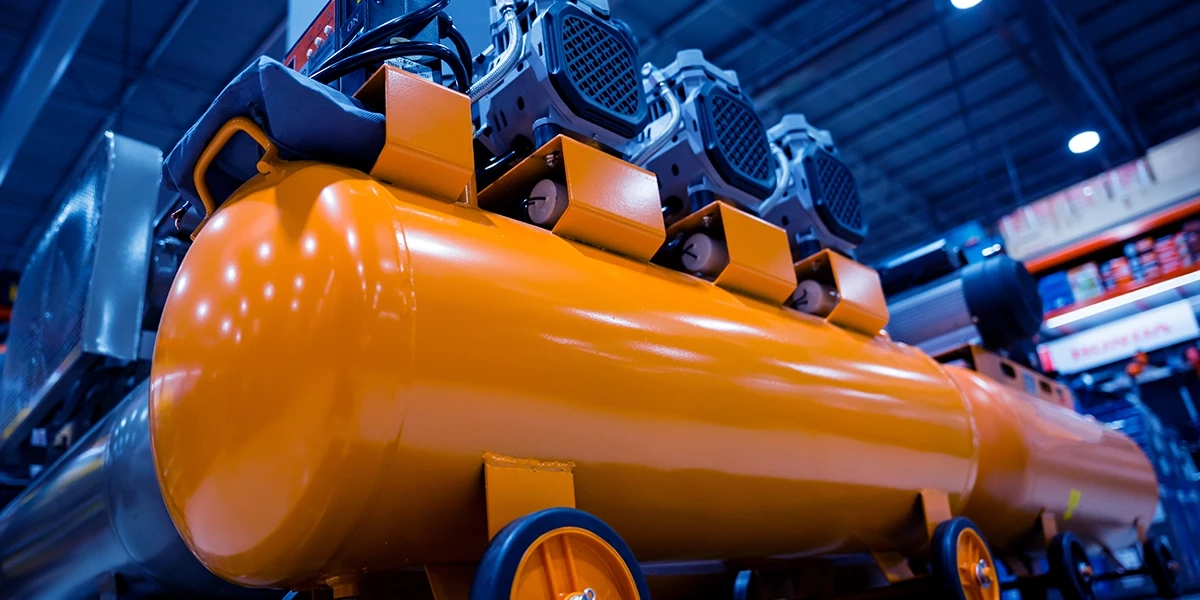
How to Choose the Right Industrial Air Compressor for Your Facility

Choosing the Right Global Power Transmission Equipment
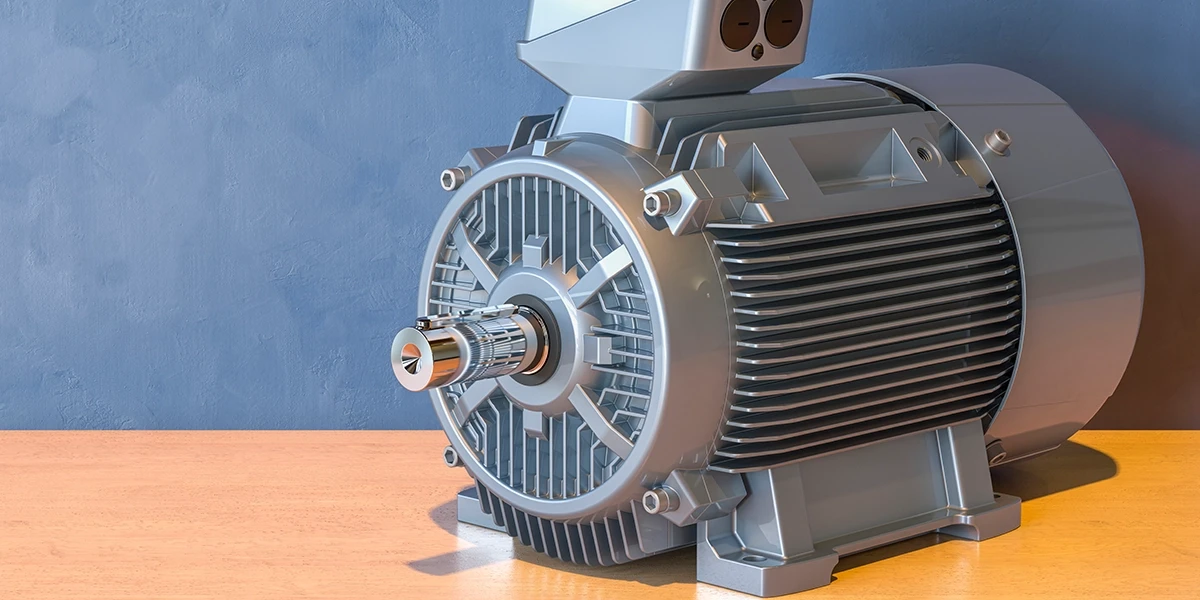
Top DC Motors for Industrial Automation
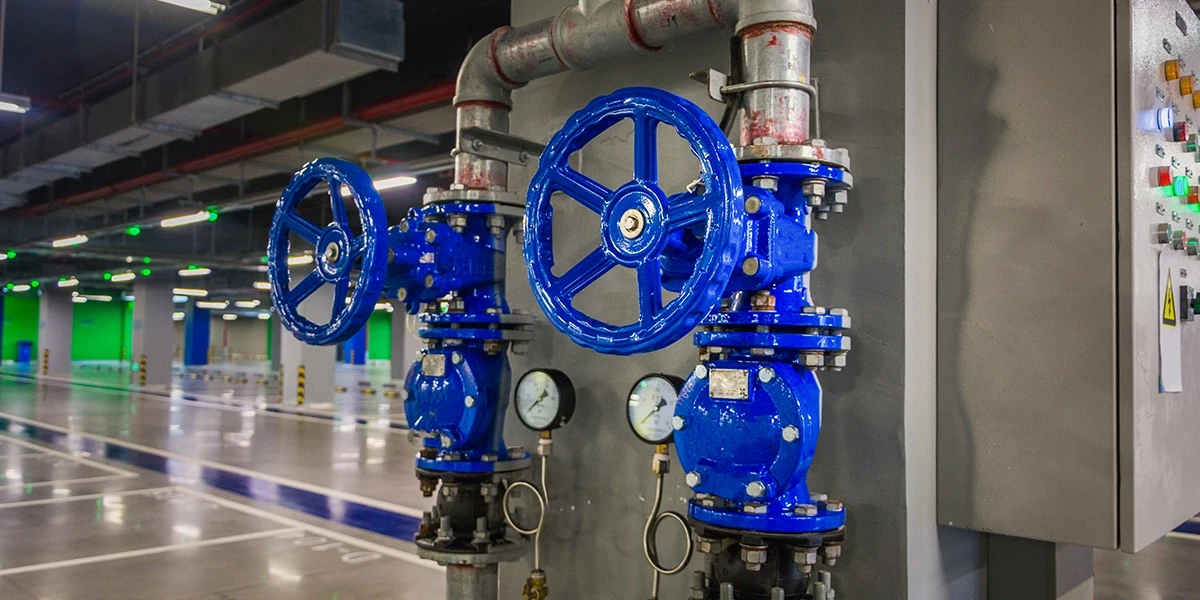
How to Select the Right Control Valves for Your System
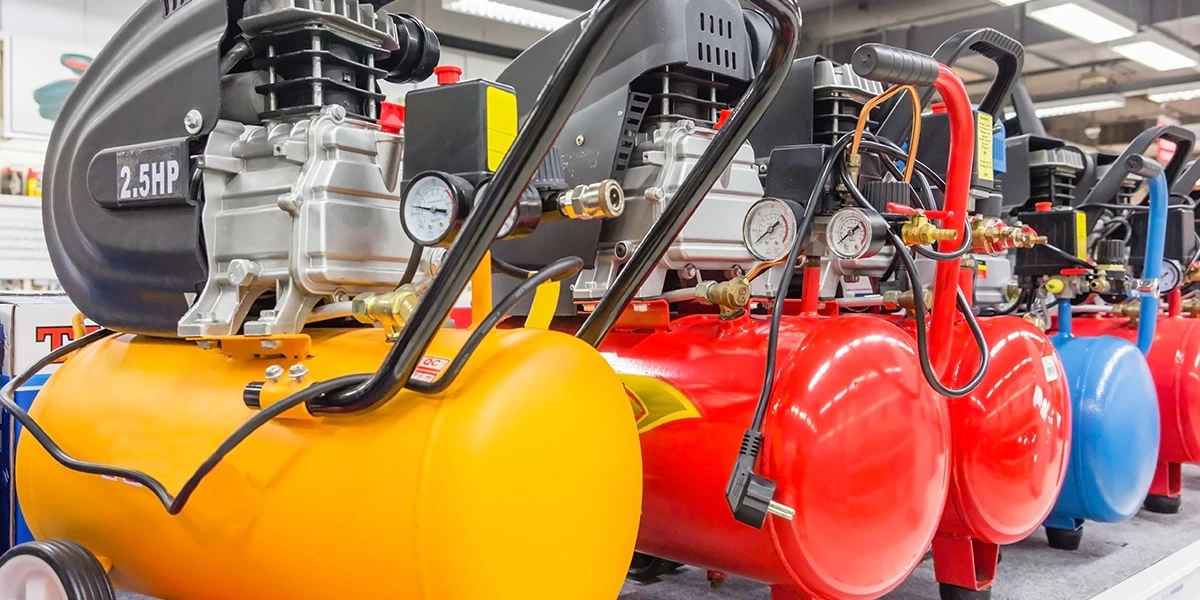
Air Compressors for Sale: Compare Models, Brands, Features
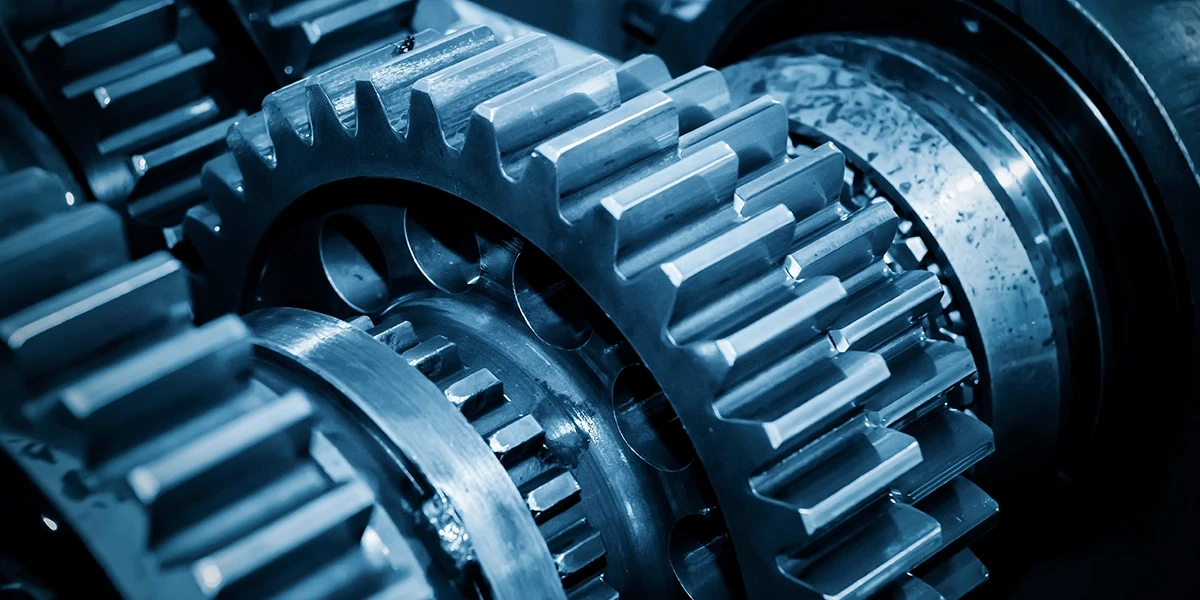
Essential Power Transmission Accessories for Industries